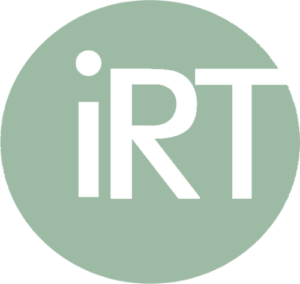Too Good for Drugs (TGFD) is a school-based prevention program for kindergarten through 12th grade that builds on students’ resiliency by teaching them how to be socially competent and autonomous problem solvers. The K-8 curricula each include 10 weekly, 30- to 60-minute lessons, and the high school curriculum includes 14 weekly, 1-hour lessons plus 12 optional, 1-hour “”infusion”” lessons designed to incorporate and reinforce skills taught in the core curriculum. Students learn how to be socially competent and autonomous problem solvers. The overall goal is to increase prosocial behaviors while decreasing intentions to use substances and engage in violence.
STARS for Families
Start Taking Alcohol Risks Seriously (STARS) for Families is a school-based health promotion program that aims to prevent or reduce alcohol use among middle school youth ages 11 to 14 years. STARS for Families has three components. Youth receive individual consultations about alcohol use, parents and guardians receive information at home on how to talk to their children about alcohol, and families complete take-home lessons together designed to enhance communication. The overall goal is abstinence from or delayed initiation of the use of alcohol.
Reality Tour
Reality Tour is a volunteer-driven substance abuse prevention program that is presented to parents and their children (ages 10-17) in a community setting over the course of one approximately 3-hour session. Trained community volunteers present testimonies from individuals with a history of addiction, information on drugs, coping, and refusal skills, and an opportunity for families to hear from law enforcement personnel and ask questions. The overall goal is to increase children’s negative attitudes toward alcohol, tobacco, marijuana, and other illicit drugs, as well as their perceived risk of harm from use of these substances.
Project ALERT
Project ALERT is a school-based, multimedia prevention program for middle school students that focuses on alcohol, tobacco, and marijuana use. Lesson content focuses on helping students understand the consequences of drug use, recognize the benefits of nonuse, build norms against use, and identify and resist pro-drug pressures. Students engage in small-group activities, http://legacy.nreppadmin.net/ViewIntervention.aspx?id=62 new skills. The overall goals are abstinence from substance use, improved refusal skills, and changed attitudes about alcohol, tobacco, and marijuana use.
PRIME For Life
PRIME for Life (PFL) is a motivational intervention for adults, and has been used primarily among court-referred impaired driving offenders. Trained instructors use multimedia, guided instruction, and motivational interviewing techniques to increase participant motivation to change their perceptions of the risks of drug and alcohol use. The overall goals are to reduce risk of alcoholism or addiction, reduce intention to use substances, and reduce substance use-related crimes or delinquency.
PALS: Prevention through Alternative Learning Styles
Prevention through Alternative Learning Styles (PALS) is a school-based prevention program for middle school students. Teachers or PALS staff members lead students through five units, presented in ten lessons, which cover the following topics: learning styles and differences, effects of alcohol, tobacco, and drugs on the brain and body, peer pressure, and healthy choices. A supplemental website provides additional lessons and a peer mentoring program with interaction games and presentations. The overall goals are (1) reducing intentions to use substances, (2) increasing students’ use of refusal skills, and (3) enhancing students’ knowledge of the effects of ATOD, peer pressure and healthy decision-making, and different learning styles.
